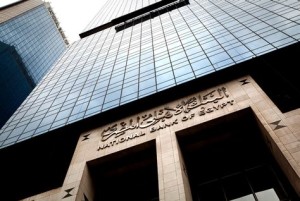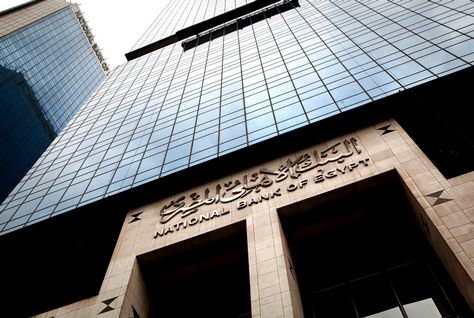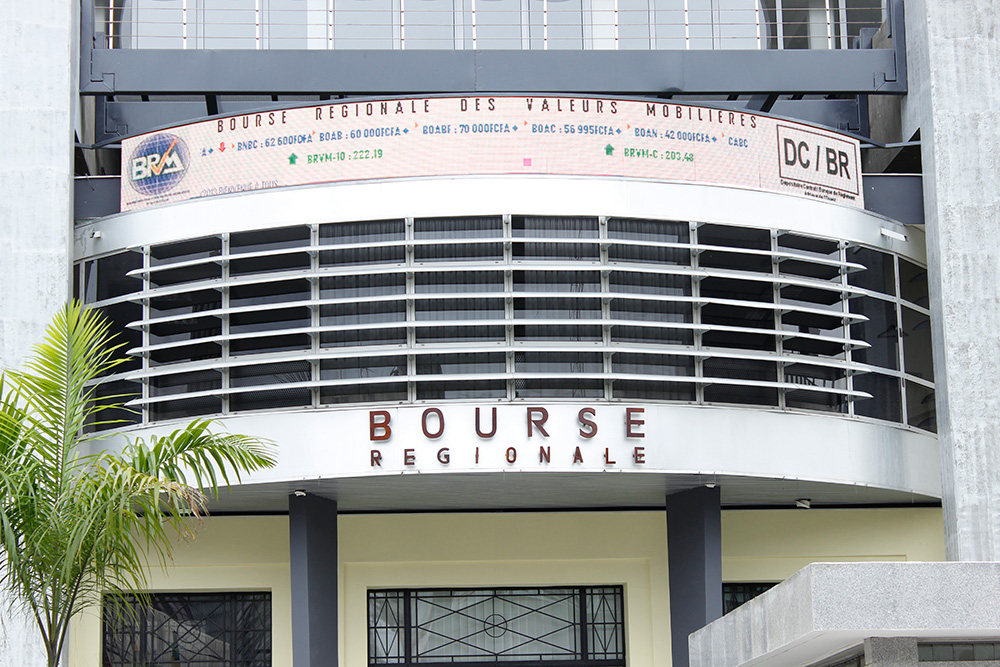 The Shura Council’s last week decision to raise taxes on bank loan provisions has generated discontent from the banking sector, after the amendments were submitted to the legislature without being discussed at the Shura. Banks in the country criticized the move which was initiated by a parliament member from Muslim Brotherhood’s Freedom and Justice Party.
The Shura Council’s last week decision to raise taxes on bank loan provisions has generated discontent from the banking sector, after the amendments were submitted to the legislature without being discussed at the Shura. Banks in the country criticized the move which was initiated by a parliament member from Muslim Brotherhood’s Freedom and Justice Party.
The amendment will lead to the cancellation of the tax deductibility which has been at 80% of loan provisions held by local banks. The banks demand for the taxation to be reviewed is unlikely to be considered, because a member of the Shura Council’s financial and economic affairs committee, Ashraf Badr El-Din, said that the previous regulations allowed tax evasion by simply exaggerating the provisional size of the bank. He stated that the provisions of the country’s banking system are almost $8 billion in total.
The banks in Egypt have preferred not to make their views public while they prepare for a meeting to be held soon with Finance Minister Fayyed. The Central Bank has decided to limit bank investments to not more than 2% of their tier-one capital in local money market and fixed-income funds, down from 5% at present. This decision was taken when the Central Bank raised concerns about banks canalling a lot of their cash in the local market and fixed income funds, which according to an official are almost the size of an entire loan portfolio of certain banks. Asset managers think such actions can lead to the fall of their industry.
The former Central Bank Governor and present chairman of the Misr-Iran Development Bank, Ismail Hassan, said there used to full taxation on provisions in the past but made it clear that laws regulating such provisions “differ from one country to another.”



